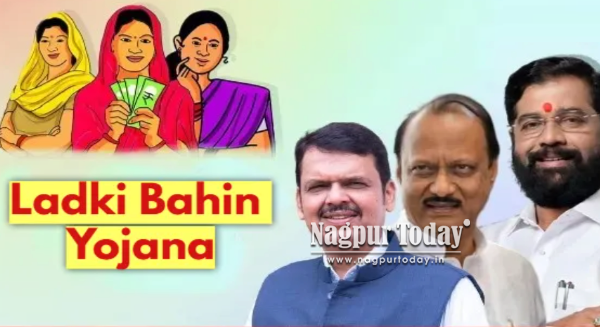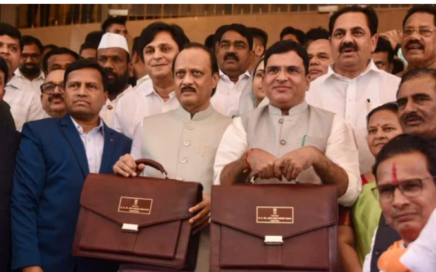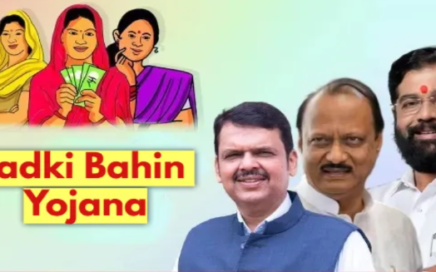
Election Promises vs. Budget Cuts
Ahead of the November 2024 assembly elections, CM Eknath Shinde and Deputy CM Devendra Fadnavis aggressively campaigned on the Ladki Bahin scheme, promising financial empowerment to women across Maharashtra. The scheme, which was launched in August 2024, aimed to provide direct cash transfers to women, and was seen as a game-changer for the Mahayuti alliance in securing female votes.
Shinde, during his campaign rallies in Kolhapur and Satara, assured that the monthly stipend would be increased to ₹2,100 immediately and gradually raised to ₹3,000. He even emphasized that if women ensured Mahayuti’s victory, they would see a phased hike in financial assistance. These promises resonated with voters, significantly boosting Mahayuti’s popularity among women, contributing to their landslide victory in the state elections.
However, just four months later, the budget paints a different picture. The government has reduced the total allocation for Ladki Bahin from ₹46,000 crore to ₹36,000 crore, citing fiscal prudence as the reason. Additionally, stricter eligibility criteria have been introduced, meaning fewer women may qualify for the benefit in the future.
Government’s Justification: “Fiscal Prudence”
While the ruling government remains committed to the ₹2,100 monthly stipend “in principle,” officials now claim that implementing the hike immediately is not financially feasible. Women and Child Welfare Minister Aditi Tatkare has confirmed that while the government stands by its promise, the increased assistance is unlikely to be rolled out this year.
“We need to ensure the scheme remains sustainable in the long run,” a senior finance department official said. “The government is prioritizing fiscal stability while continuing to support women.”
Public Backlash and Opposition Reactions
The decision has sparked sharp criticism from opposition parties, who accuse Mahayuti of using women’s welfare as an election stunt.
“Maharashtra’s women were misled by false promises,” said Congress leader Nana Patole. “Before elections, BJP and Shiv Sena made grand claims about increasing the stipend, but the moment they won, they turned their backs on women. This is nothing but betrayal.”
The Shiv Sena (UBT) also lashed out at the government, with Aditya Thackeray calling it an example of “political opportunism.”
“Women came out in huge numbers to support Mahayuti because they believed in the scheme. Now, the government has abandoned them. If this isn’t a classic case of ‘jumla’ politics, what is?” Thackeray said.
Even many beneficiaries of the Ladki Bahin Yojana are expressing their disappointment.
“I voted for them because I thought the financial aid would help me manage household expenses,” said Meena Jadhav, a resident of Pune. “Now, they are saying they don’t have enough funds? Why didn’t they think of that before making promises?”
Political Fallout and The Road Ahead
The Ladki Bahin scheme was designed to help over 2.2 crore women across Maharashtra, particularly from economically weaker backgrounds. With rising inflation and financial struggles, the expected increase to ₹2,100 was seen as a lifeline for many households.
The question now is whether Mahayuti’s core voter base—the very women who ensured their victory—will stand by them in the face of these budget cuts. With local body elections in Maharashtra scheduled later this year, opposition parties are expected to capitalize on this issue, framing the government’s decision as a betrayal of trust.
As fiscal realities take precedence over electoral promises, the women of Maharashtra are left wondering: Was Ladki Bahin really about empowerment, or was it just a way to secure votes?
















